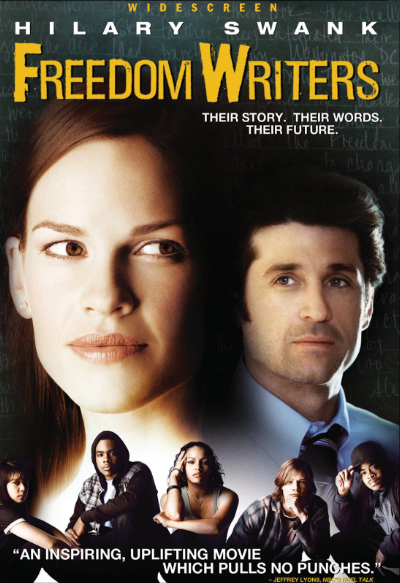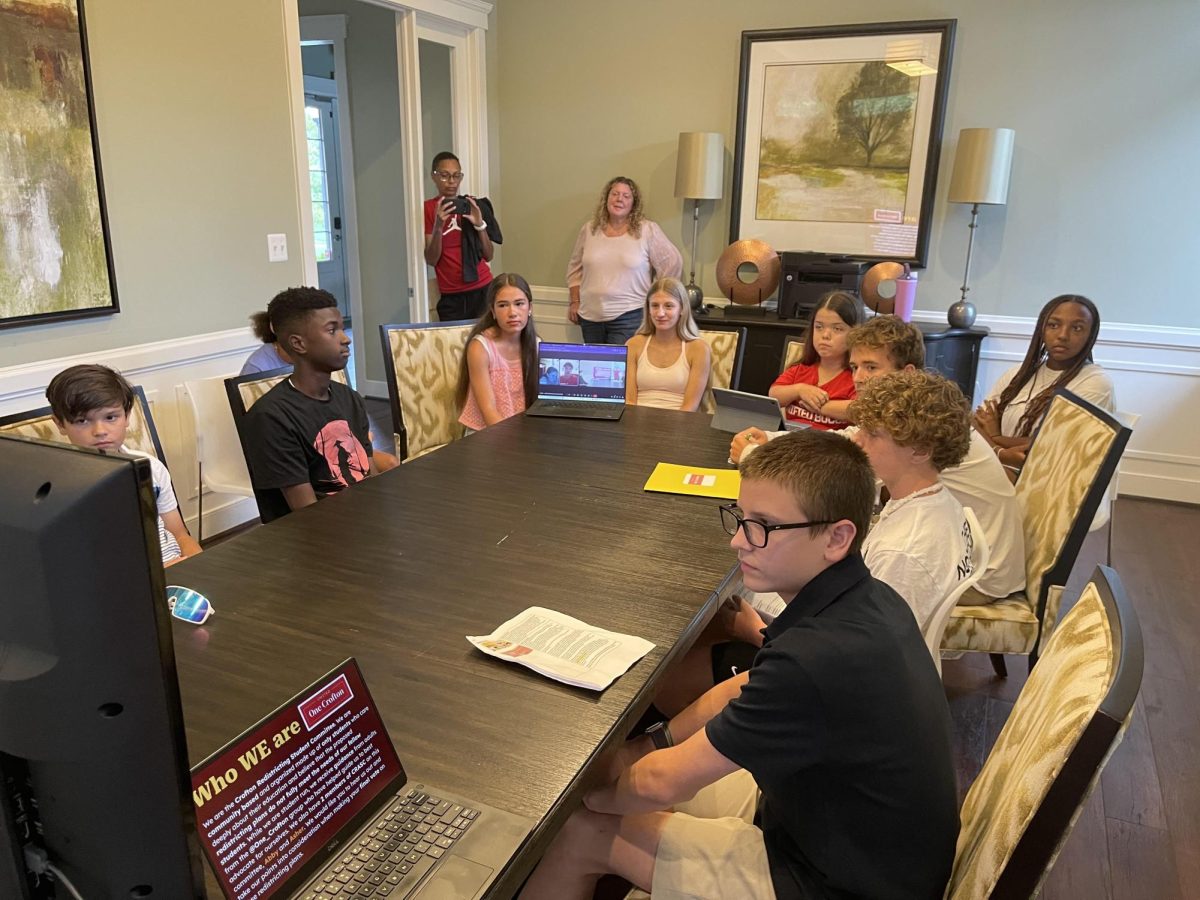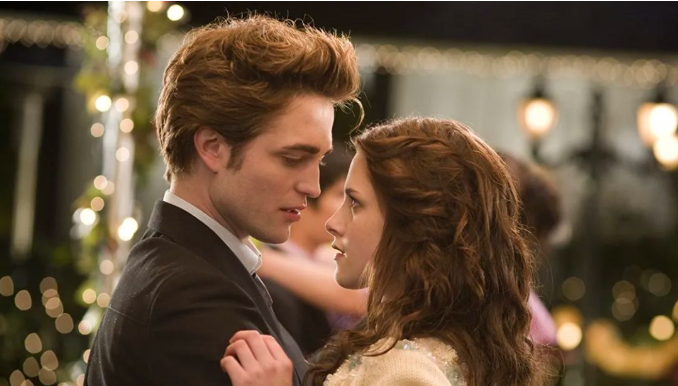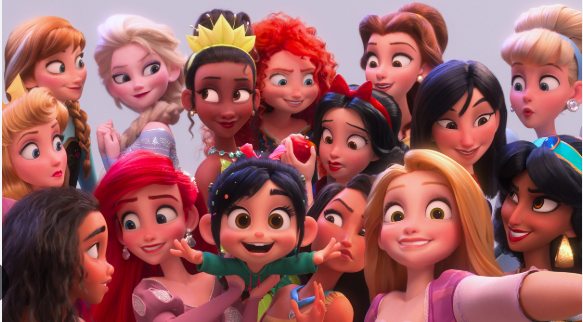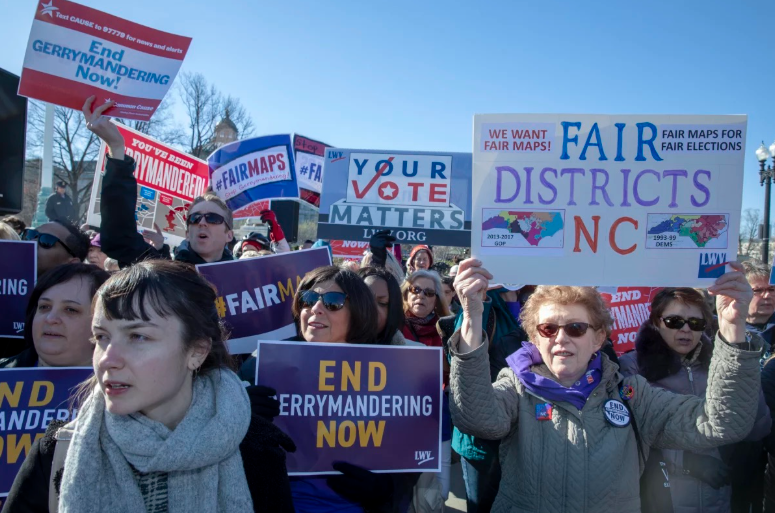It can be argued that fiction and deception go hand-in-hand. Harry Potter, Star Wars, Marvel – all fantastic series, but what have they taught our youth? Other than instilling the hope of receiving a letter from Hogwarts in every 11-year-old child, nothing. Popularizing children’s books through intense and ethically questionable marketing instead of reporting on the history and the injustices committed throughout the course of humanity is nothing short of intellectual tragedy.
The American Psychological Association has published findings regarding the coercive grip of advertising companies on youth audiences. Children’s media consumption is distinctly correlated with their overall interests. If children are consuming fantasy and adventure until they reach their pre-teen years, they will most likely have a hard time finding any kind of interest in educational reading.
This sets the dangerous precedent of accepting the transgression into fantasy land; of allowing our youth to gradually slip away from history, of abandoning the ratiocinative advancement of future generations. Freedom Writers (2007) is a masterpiece that effectively captures a brutal, multi-cultural power struggle; a war in an English classroom.
Students who attend their classes within the walls of Crofton High (and other similar schools) may not be able to resonate with the complex environment of a Title 1 school undergoing systemic integration. I would argue that this is precisely why schools around the country need to focus on implementing ‘controversial’ media. Is it not important to understand societal differences? Living in a middle-class bubble is dangerous. Schools need to expose children to reality from a young age. It is only controversial if we say it is.
In Freedom Writers, new English teacher Erin Gruwell arrives in Long Beach, California in 1994, teaching at Woodrow Wilson High. Racial tensions were at their peak. There were no boundaries when it came to gang violence. Every student was on edge and constantly looking for a fight.
This is less of a moral failing and more of a systemic dereliction. The children in this school were regarded as less-than students. They were not given books, they were given packets of middle school-level reading and then critiqued for their low intelligence levels. This was more than a blatant disregard for these students’ educations; it bred hatred within them.
This is not a fictional scenario. Funding for Title 1 schools is notoriously low. Budget cuts in FY 2024 project an 80 percent drop in funding for these schools. Students need to be made aware of the facts of their education.
In Freedom Writers, the core issue is more complex than high school drama. Gangs were formed based on ethnicity. Despite 1994 being well past segregationist America, race-based hatred was heavily fostered among students. They hated Mrs. Gruwell, who was white, immediately upon meeting her. She bought notebooks and asked them to write. Some students expressed their struggles at home. Others recounted their experiences involved in gang violence, their times spent in trouble with the law, and their comrades who had died. Mrs. Gruwell bought them books in bulk out of pocket, stretching the school curriculum to allow books on gang violence.
The movie emphasized the lack of flexibility given to educators within their classrooms. Mrs. Gruwell wanted to skip the beaten path; she knew what kind of student response she would receive from Shakespeare or Hamlet (a terrible one). She opted for a book on gang violence to help her kids relate and engage, which the principal of Woodrow Wilson High immediately rejected. Mrs. Gruwell had to take it up with her board of education.
Mature themes, inappropriate, not suitable – we’ve heard it all. Gang violence is a reality for some and too violent to fathom for others. Why only cater to the latter? Schools across the country should encourage books with mature themes in classes. In today’s digital age, kids should be exposed to these “controversial” topics before social media forms their opinions early on.
The movie ends with Mrs. Gruwell’s questionable teaching tactics paying off. Her students found a home within the walls of their English classroom, relating to each other despite racial stigma and seeing it as a haven against the perils of gang life in Long Beach.
Although extreme circumstances as pictured in the movie are not common, they have not gone extinct. Fix the system. Prioritize learning over offending sensibilities and sticking to tradition.
